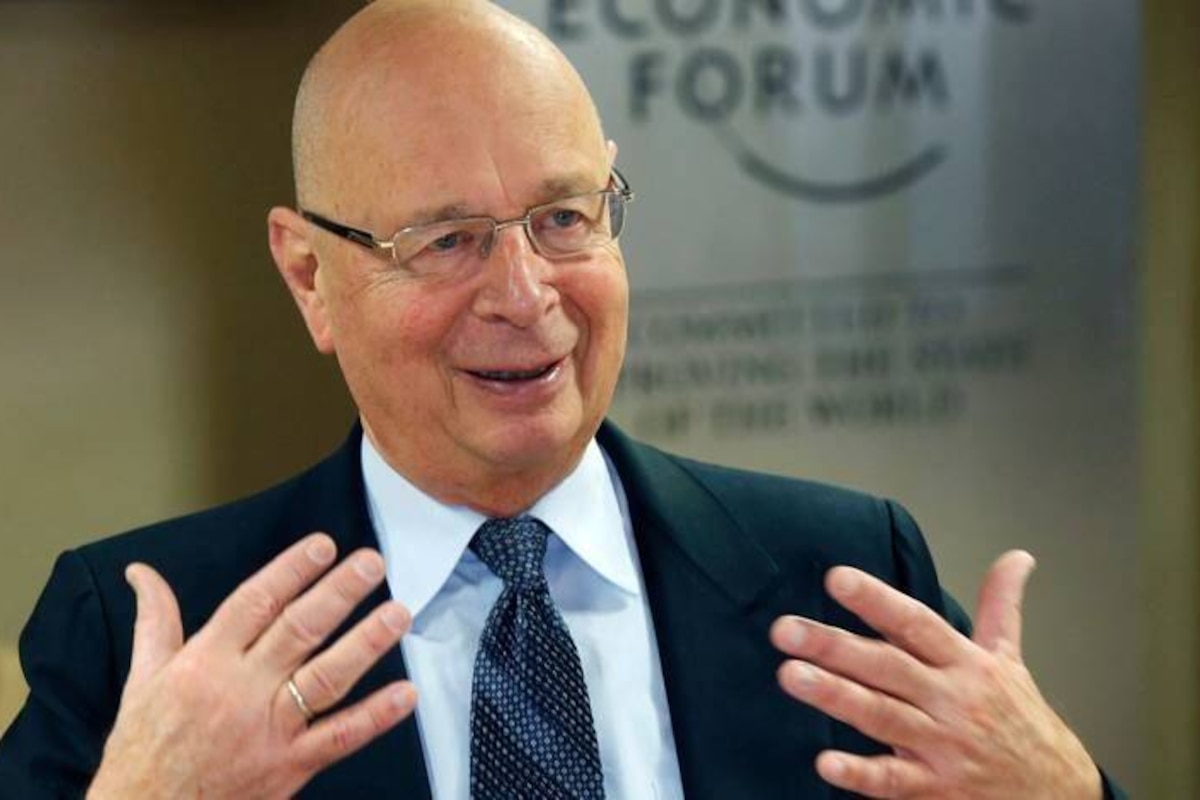FOGVID-24? People Claim Fog Making Them Sick
Global Emergency! COVID Criminals Are Attempting To Launch A New Planetary Lockdown Using The Lab Created Gain of Function H5N1 Bird Flu
MUST-WATCH: mRNA Bird Flu Shots Are on The Shelf Ready For Rollout, All The Medical Tyrants Need Is Mass PCR Testing to Prop Up Their Emergency Authorization of These Gene Therapy Vaccines
Biden Gives $2.5 Billion More to Ukraine, $1.22 Billion is for Military ‘Drawdown’
Bird Flu Hysteria Ramps Up: Virologists & Researchers Warn H5N1 Outbreaks ‘Setting the Stage for Another Pandemic’
Klaus Schwab Warns Climate Change Is ‘Next Big Virus’ With Restrictions ‘Worse Than Covid’

World Economic Forum co-founder Klaus Schwab has issued a chilling statement, warning that the “next big virus” capable of bringing the world to a standstill could be none other than climate change. Framing it as […]
The post Klaus Schwab Warns Climate Change Is ‘Next Big Virus’ With Restrictions ‘Worse Than Covid’ appeared first on The People’s Voice.
